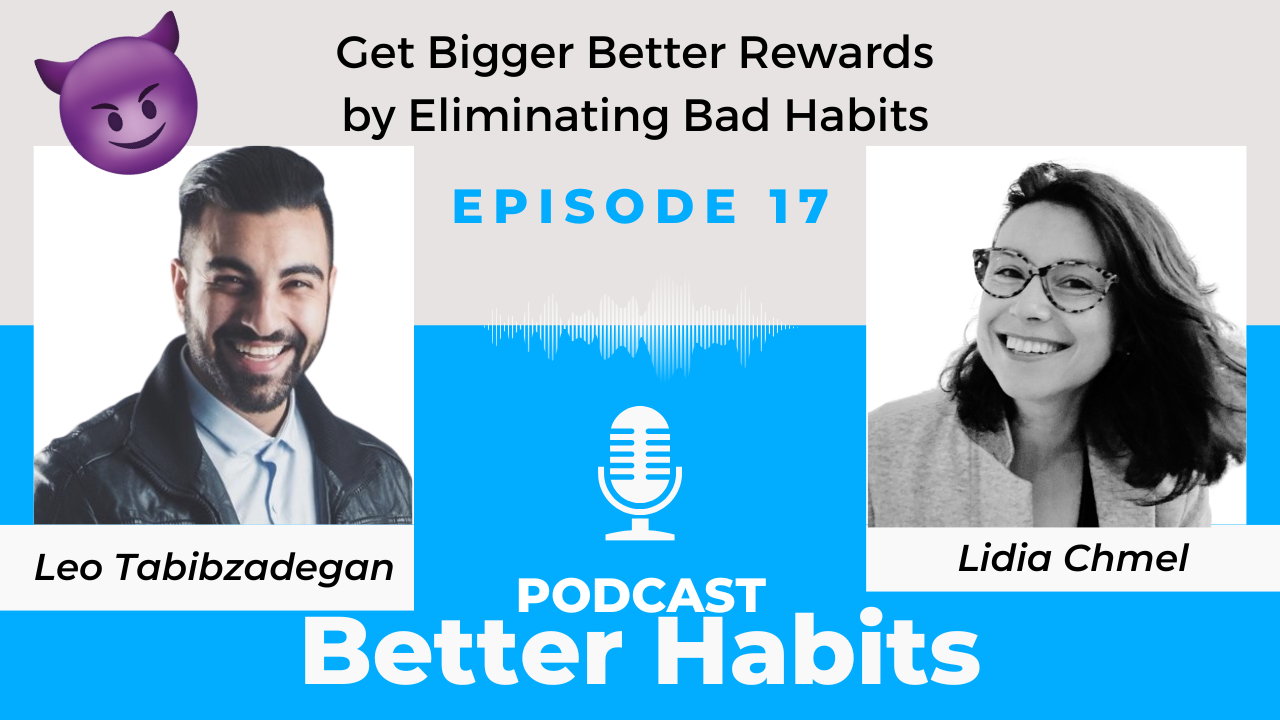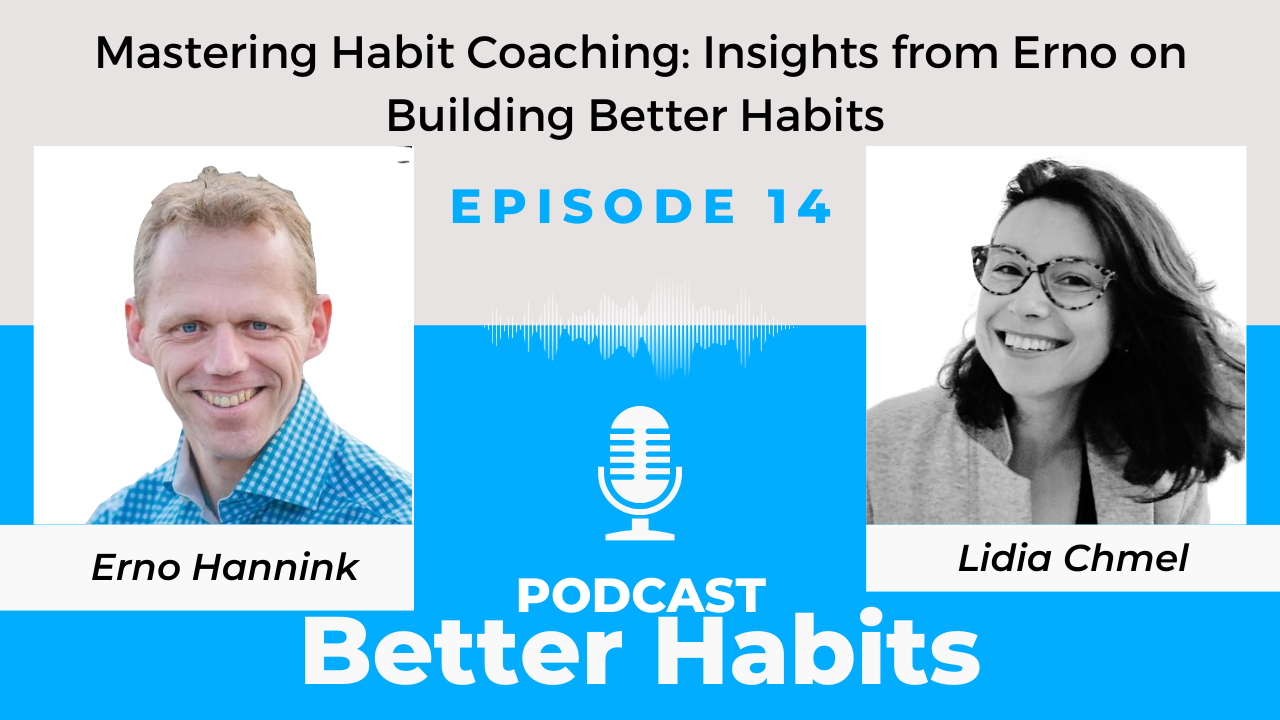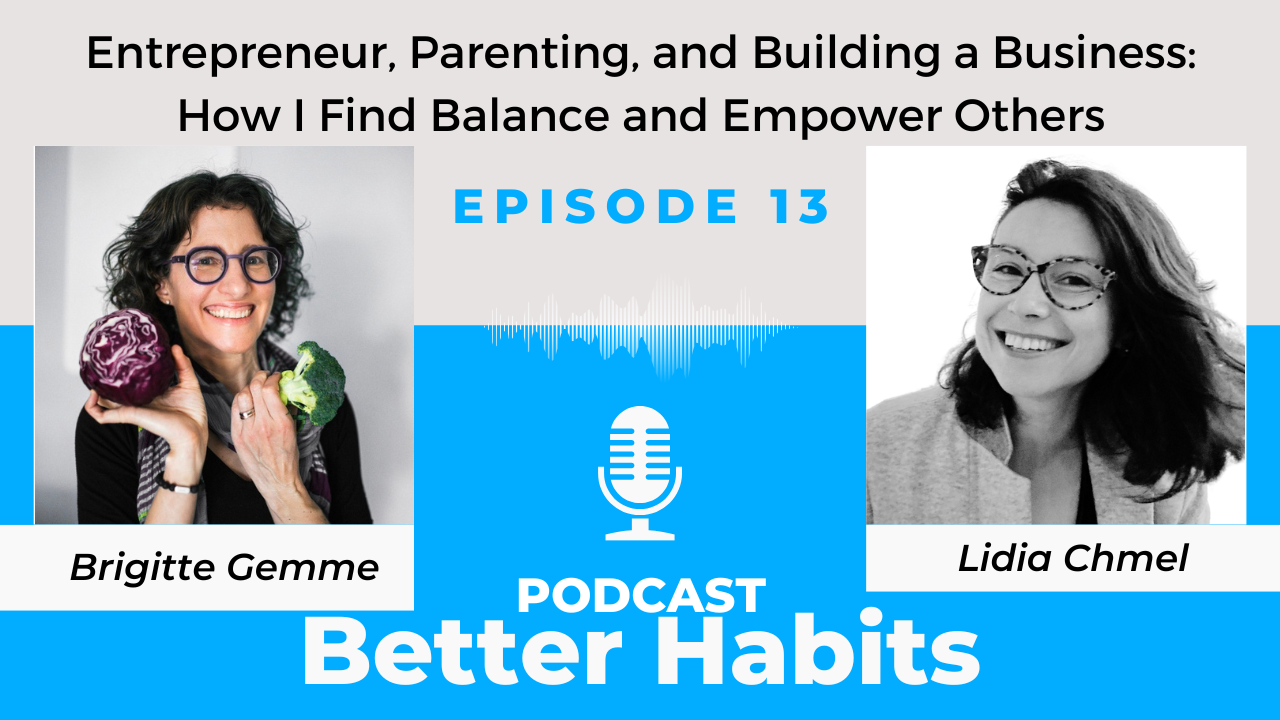This is a complete guide on how to become a coach in 2020.
In this new guide, you’ll learn:
- How to find your coaching niche.
- How to get coaching clients.
- How to start your coaching business.
- Lots more.
Let’s get started.
Exclusive: Download our complimentary checklist to this article for a step-by-step guide on how to become a coach (coming soon!).
How to Become a Coach in 2020
Around 1830, people at Oxford University started using the word “coach” as slang for private tutors who “carried” students through their exams.
Some 30 years later, people started using the same word to describe sports trainers for the first time.
Since then, coaching has kept expanding into a wide variety of fields.
These days, there are coaches specializing in specific areas of life, work, and health.
According to a study by the International Coaching Federation (ICF), there are more than 50,000 coaches worldwide.
The estimated total revenue globally from coaching exceeds 2 billion dollars.
Coaches earn an annual income ranging from $27,100 to $73,100 although certain specialty coaches make more than $100,000.
The coaching industry is growing every day, and there is a lot of demand for great coaches.
And in this guide, you’ll learn everything you need to know about how to become a coach in 2020 and beyond.
Table of Contents
- Know Your Strengths
- Find Your Interests
- Establish Your Niche
- Create Your Category
- Get Coaching Training
- Coach Your First Clients
- Hire Your Coach
- Create Your Coaching Offer
- Choose Your Business Name
- Build Your Website
- Market Your Services
- Add Income Streams
- Befriend Other Coaches
1. Know Your Strengths
In a 1994 speech at USC Business School, legendary investor Charlie Munger said:
“You have to figure out what your own aptitudes are. If you play games where other people have the aptitudes and you don’t, you’re going to lose. And that’s as close to certain as any prediction that you can make. You have to figure out where you’ve got an edge.”
That advice is just as applicable in coaching as it is in investing or any other industry.
To become a successful coach, you need to define and utilize your unique strengths.
And that can be surprisingly difficult because they come so naturally to you that you might not think of them as strengths.
But what’s easy for you is often difficult for others.
So, the first step to becoming a great coach is to pinpoint the areas where you’ve got a natural edge.
To do that, complete the following three steps:
- Ask yourself what people tend to ask you for advice about. Maybe it business, career, or productivity? Perhaps it’s health, fitness, or relationships? Or maybe it’s something else entirely. Whatever comes to mind, write it down.
- Email at least three people close to you, tell them that you’re starting a coaching business, and ask them what they think you should coach in.
- Take the 16Personalities Test and the VIA Character Strengths Survey.
2. Find Your Interests
Once you’ve established what your unique strengths are, the next step is to match them with your interests.
That’s because while strengths are fundamental, they aren’t sufficient for long-term success.
If you’re good at what you do, but you’re not interested in it, well, it’s only a matter of time before you’ll want to quit.
To build a sustainable coaching business, you need to operate in a niche you’re naturally drawn to.
If you can think of an area you’re deeply passionate about, that’s great.
But if you can’t, don’t get discouraged.
A mere interest can be enough because it can blossom into a passion as you immerse yourself in it.
To find your interests, explore the following questions:
- What topics do you find yourself reading books on, taking courses in, watching documentaries about, etc.?
- What can you talk about for hours and hours?
- If money weren’t an issue, what would you spend your time doing?
3. Establish Your Niche
In the marketing world, you’ll sometimes hear the phrase: “The riches are in the niches.”
And that idea is highly relevant in the coaching industry.
A coach that helps everyone will end up with a lot of surface-level knowledge on a bunch of random topics and a very bland marketing message.
Meanwhile, a coach that helps a clearly defined group of people will have a lot of in-depth knowledge on one specific topic and a very targeted marketing message.
So, now that you know your unique strengths and interests, it’s time to match them with the demands of the marketplace and establish your niche:
The most common coaching specialties include business, executive, leadership, career, and life coaching.
But there are also coaches who help people become more mindful, get their finances in order, and find love.
There are tons of exciting opportunities out there.
So, ask yourself: How can my unique strengths and interests best serve the marketplace?
Once you have a niche in mind, do a Google search to validate it.
If you can’t find any coaches serving the niche, that probably means there’s no demand, and you need to keep looking.
But if you can find plenty of other coaches serving the niche, there’s probably a lot of demand, and you can move on to the next step.
4. Create Your Category
Once you’ve established your niche, the next step is to drill down deep into it.
You want to get so specific about your ideal coaching client that you are the #1 coach in the world for that person.
In marketing, this strategy is called category design, and the idea is to create a brand where you are not only the best option but, ideally, the only option.
If you’re like most people, you’ll probably feel some resistance to this because it can seem limiting.
But while category design closes the door to a lot of potential clients, it can also make you the best in the world at what you do — sometimes overnight.
And when you’re the #1 coach in the world in your category, amazing things can happen.
Fitness instructor and writer Steve Kamb provides a great example of this.
When he started his business, he knew that he had to differentiate his brand.
There are tons and tons of fitness sites out there, so he chose to focus on a particular target audience.
Instead of serving traditional gym rats, he focused on “desk jockeys, nerds, and average Joes.”
And since the launch in 2009, NerdFitness.com has grown into a seven-figure business.
Kamb brilliantly narrowed his focus until he found something where he could be the clear #1 in the world.
And you can find your category too by using the “What for Whom” framework:
What kind of coaching do you do, and for Whom do you do it?
For Steve Kamb, the answer was “Fitness for nerds.”
What’s your answer?
Create multiple “What for whom” statements until you’ve found one that resonates.
5. Get Coaching Training
Depending on the coaching you’re going to do, you might want to educate yourself.
Getting a coaching certification is not mandatory, but it will teach you valuable skills.
In some niches, it will also increase your authority and thereby chances of getting business.
Choosing your coaching training can be a challenge, so we’ve put together a guide below:
→ Coaching Certification Programs: The Complete List (2020) ←
If you decide to get a coaching certification, keep working through the steps below anyway.
You don’t have to wait to get certified before moving forward.
6. Coach Your First Clients
As soon as you’ve decided to become a coach, get your first clients as quickly as possible.
Coaching is a skill, and you develop skills best by real-world practice.
So, when you’ve established what kind of coaching you do and for whom you do it, get out there and find your first clients.
The best way to this is to offer your coaching to your friends and acquaintances.
Put together something like a Free 1-Hour Discovery Call and give relevant prospects a real experience of your coaching.
You’ll be surprised by how many questions like these you will get by the end of each call:
- “When can we have the next call?”
- “Where do I sign up?”
- “How can I pay you?”
And even if the prospect isn’t interested, there’s a good chance you can get a valuable referral if you ask something like:
“If you had to pick one person in your life who would be most likely to get coaching, who would you pick? Why? If I wrote you an email, would you be willing to forward it on?”
Most importantly, each call you jump on will make you more experienced, skilled, and confident than the last.
So, don’t postpone coaching your first clients.
The sooner you start, the better you’ll get, and the more coaching business will come your way.
7. Hire Your Coach
If you want to sell coaching services, you have to have worked with a coach yourself.
After all, how can you confidently sell something you’ve never experienced?
Still, a lot of new coaches don’t get their own coach.
And that’s understandable because when you’re just starting, you might not feel like you can afford a coach.
So, instead, you might turn to free webinars, podcasts, and books to improve as a coach and grow your business.
It seems like a reasonable approach, but in reality, it’s a reflection of the same mindset as the prospects you fail to close: “There is so much free information out there. I can figure it out for myself”.
But it’s not until you get a coach that you can experience the tremendous power of coaching first hand.
A great coach will push you out of your comfort zone, hold you accountable to your intentions, and help you achieve your goals.
On top of that, a great coach will show you how to market your coaching, sell your services, and grow your coaching business.
So, not only will a coach let you experience the amazing benefits of coaching from a client’s perspective.
As a coach, you’ll likely also earn your money back many times over.
So, if at all possible, find a way to make this investment early on.
Here’s our quick and simple guide on how to find a coach.
8. Create Your Coaching Offer
There are many ways to do coaching.
The traditional way is 1-on-1 coaching, but you can also offer group programs, workshops, retreats, mastermind groups, and so on.
When you’re just starting, it’s usually best to start with the classic private coaching model.
That way, you can validate and refine your coaching methodology before you scale up and coach groups of people.
It’s also the quickest way to get started since it doesn’t require a lot of clients, expensive tools, or extensive preparation.
Once you’ve decided what kind of coaching to offer, you need to package it in a compelling way.
Let’s look at some powerful ways to do that.
Focus on benefits
People don’t buy coaching; they buy results. So, make sure to clearly express what benefits they will derive from your coaching. How will their life be different from working with you?
Provide helpful testimonials
Whenever you’re done working with a client, ask them to write a quick review of your coaching. Most people are happy to do this for you. You can then pick the best ones and work them into your offers.
Add some bonuses
Ask yourself if you have something extra you can work into your offer. Do you have an ebook, workbook, course, or something similar you can include to increase the value of your package?
Set your price
Selling coaching is a lot about mindset. If you’re 100% confident that your package is worth a certain price, you can probably find clients who are willing to pay it. That said, you should base your price on one thing only: the value of the results you are getting your clients.
Make a guarantee
By offering new clients a refund period, you can make your offer entirely risk-free. That will remove any anxiety they might have about making a bad investment. And it will also make it easy to let go of clients that, for whatever reason, turned out to be a bad fit.
Include a call to action
At the end of your offer, make sure to provide prospective clients with the next step forward. Give them the option to buy your package, sign up for a discovery call, or contact you via email.
Aim for good enough
Spend some time creating your offer, but when it’s good enough, move on to the next step. Your offer will change as you get feedback and evolve as you get more experience, so trying to perfect it is a waste of time.
9. Choose Your Business Name
It’s time to make your coaching business official!
To do that, you need to choose your business name, and that can be a daunting task for many new coaches.
A quick Google search might make it seem like all the good names are taken.
And that might be true for generic coaching business names.
But, as we’ve already covered, you don’t want to be generic anyway.
And if you’ve established your niche and category within it, you should be able to come up with a unique name that reflects what you do.
Once again, NerdFitness.com provides a great example.
Another great way to go about this is to use your own name or nickname.
Your clients will ultimately be buying a relationship from you, so it makes sense to establish yourself as the brand.
Even if you have a common name, there’s a good chance [yourname]coaching.com or a similar variation of that is available.
Use a service like BetterWhois to search for available domains.
When you’ve found one you like, buy the domain from a registrar like NameCheap.
10. Build Your Website
Creating a website can be a terrifying prospect, especially if you’re not tech savvy.
So, if this section makes you anxious, take a deep breath.
Building a website doesn’t have to be complicated.
In fact, it can be straightforward — and even a lot of fun!
All you need to get started is the following:
- A domain name (check!).
- A web host like WebHostingHub.
- A content platform like WordPress.
If you’re new to website building, google “how to build a website,” and you’ll find tons of excellent guides.
Once your site is up and running, here’s all the content you need to publish:
- An about page that explains who you are, what kind of coaching you do, and for whom you do it.
- A sales page that showcases your coaching offer, your price, and call to action.
- A contact page where potential clients can reach out to you.
When those pages are good enough, move on to the next step.
You will expand and improve your web presence along the way, so there’s no point tinkering excessively with your website.
11. Market Your Services
As a coach, one of your daily responsibilities is to find more clients.
When you’re just getting started, the best way to do that is to look in your existing network.
Later on, as your experience, skill, and confidence grow, you should start tapping into other marketing channels.
Here are some examples:
- Create a lead magnet – Use a service like Beacon to create an ebook, workbook, checklist, or some other useful resource to give away to potential coaching clients.
- Start an email list – Sign up for a service like Mailchimp to collect email addresses and send helpful newsletters.
- Edit your welcome email – Ask all new email subscribers what their biggest challenge is right now and offer discovery calls to those who reply.
- Ask for referrals – Get into the habit of asking friends, acquaintances, and clients for referrals and testimonials.
- Write helpful articles – Publish on your blog, promote on social media, and send to your email list.
- Use social media – Update your profiles and spend a little time every day answering questions related to your coaching niche.
- Get press coverage – Use a service like HARO to connect with journalists and share your expertise in the media.
Above all, be as helpful as you can. Serving is the best selling strategy. So, share your expertise freely and generously, and clients will find you.
For more marketing ideas, check out our guide on how to get coaching clients in 2020.
12. Add Income Streams
Coaching is not the only way to earn money as a coach.
The most successful coaches have several income streams flowing into their businesses, and they are continually adding more.
So, once your coaching business has some momentum, think about other products, services, and collaborations to add to your repertoire. Here are some examples:
- Advertising revenue — Start a blog, podcast, or Youtube channel around your niche and invite advertisers to sponsor your content.
- Affiliate marketing — Recommend products and services to your clients or audience and earn a commission on each sale.
- Paid memberships — Set up a Patreon page and let your audience sponsor your content.
- Paid writing — Write articles on Medium and earn money through their membership program or commissioned pieces to publications like Better Humans.
- Products — Write books, create courses, or run seminars on topics related to your niche.
- Speaking – Put together a presentation and give talks at suitable companies, conferences, or private events.
Of course, all of these options require a new set of skills.
That’s why you should focus on perfecting your coaching and getting regular clients first.
But once you’re ready to grow your business, adding more income streams can propel your business to a whole new level.
13. Befriend Other Coaches
One of the best ways to become a successful coach is to connect with other coaches.
By getting to know peers in the industry, you can help each other reap a host of benefits like:
- New coaching skills and tools you wouldn’t have found otherwise.
- Feedback on your coaching methodology, website, and marketing.
- Accountability to your coaching and business goals.
- Cross-promotion opportunities for your coaching services.
- Affiliate marketing opportunities for each other’s products.
- Continuous referrals as you send suitable clients to each other.
- Collaboration opportunities like co-creating books, courses, workshops, etc.
A rising tide lifts all boats, as they say.
So, if you’re not yet part of an active community of coaches, now is the time to find one.
Look for other coaches online, on social media, and live networking events.
Reach out, introduce yourself, and help your peers as much as you can.
Before you know it, you’ll have access to a powerful community supporting you.
And that can create opportunities you can’t even imagine.
Summary: How to Become a Coach in 2020
- Know Your Strengths — Pinpoint what’s easy for you but difficult for others.
- Find Your Interests — Identify a coaching topic that you’re naturally drawn to.
- Establish Your Niche — Match your strengths and interests with the needs of the marketplace.
- Create Your Category — Become the #1 coach in the world with the “What for Whom” framework.
- Get Coaching Training — If it’s necessary, get a suitable coaching certification.
- Coach Your First Clients — Offer your coaching for free to your friends and acquaintances.
- Hire Your Coach — Make this investment early on to jumpstart your coaching skills and business.
- Create Your Coaching Offer — Package your service in a compelling way.
- Choose Your Business Name — Find a unique that reflects what you do and register your URL.
- Build Your Website — Include an about page, sales page, and contact page.
- Market Your Services — Start with you existing network and then add other marketing channels.
- Add Income Streams — Continually add more products, services, and collaborations.
- Befriend Other Coaches — Build a powerful community of coaching peers.
Get Your Free Checklist
I hope you found this guide on how to become a coach in 2020 useful.
If you did, I highly recommend you download our complimentary checklist for a step-by-step guide on how to become a coach (coming soon!).
Here’s to your new coaching business!









